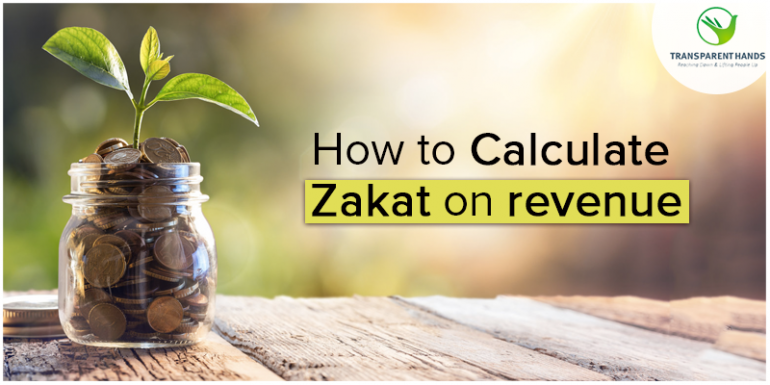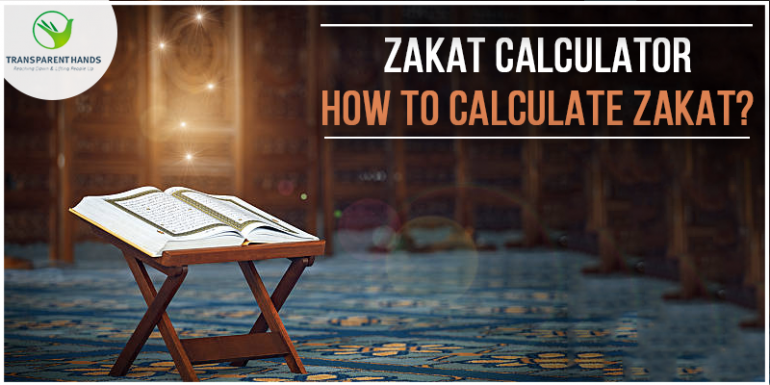How to calculate Zakat on Revenue

For Muslims around the world, the month of Ramadan is a time of deep reflection, sacrifice and joyous family gatherings. It’s also a time when Muslims give more Zakat than any time of the year.The giver is believed to be purified through the act of transferring wealth to the poor. Zakat is also a powerful source of good with untapped potential for contributing to sustainable development in communities.
Zakat is a compulsory and systematic giving for the rich in Islam.So there are no chances for anyone to decide by himself or to create innovation to deny it. The various Scholars have stated that: “The origin of law in worshipping matters is by guidance, or forbidden.”
Zakat should be paid on revenue which is sourced from salary and professional income. Zakat on revenue includes the following categories: Salary, Arrears of pay, various allowances (car, meals, and meetings), othersincluding bonus or something that can be counted as income such as royalties, rent and other.
-> Zakat Calculator – How to Calculate Zakat Online
Word of the Almighty says: “O ye who believe! Spend (in Zakat) out of the work you are good, and part of what we remove from the earth for you. And do not deliberately choose the worst of it (and you spend, or not make the provision of Zakat ) when ye would never take the bad (if you have been given), except with closed eyes. And know that Allah is Rich, the Praised.”
Zakat cannot be paid from wealth that has been gained by illegal means. Zakat is only mandatory on Muslims. To pay Zakat it is also important that you have full ownership of your wealth and you are independent. It is also important to make sure that your income source is legal otherwise you can’t pay Zakat on revenue.
If your income exceeds the nisaab amount which is 2.5% of total gross income per year then you can pay Zakat. You may deduct the basic expenses and then pay your Zakat on whatever surpass amount you have in hand.
It is better to pay Zakat individually. There are few companies who deduct a minimum amount from the employees’ monthly salary as Zakat. If any business venture is involved in such practices then it must be stopped immediately. This kind of salary cutting is inappropriate because the amount of salary received is uneven and solely based on the positions of employees.So there are chances that those people whose salaries have been deducted for these years, are people whose salary is not yet eligible for zakat obligation, or their savings haven’t reached the nisab yet, or haven’t passed the one year possession criterion yet.
Zakat is a form of worship so it is important that we pay it according to the Sharia’h law or as per recommended in the Holy Quran. Verse no 130 in chapter Taubah, reads: “Take from their wealth charity (alms) to purify them and cleanse them thereby, and pray for them.” Again Verse 92 from Al Imran states: “Never shall you attain pity unless you spend (in the way of Allah) out of what you love.”
Prophet Mohammed (PBUH) said: “Until four questions have been asked to, no one will be allowed to move on the Day of Resurrection. Two of these questions are: How did you earn and how did you spend?” The Holy Quran guarantees that the Zakat giver will prosper in Verses (31:4‑5) which states:“Those who establish regular prayers and pay regular (Zakah) are the ones who will prosper.”
All Muslims are eligible to pay Zakat which is at least 2.5% of their accumulated wealth for the benefit of the poor, destitute and others. It is one of the largest forms of wealth transferred to the poor in existence. In order to seek the blessings of the Almighty Zakat must be given.











Leave a Reply